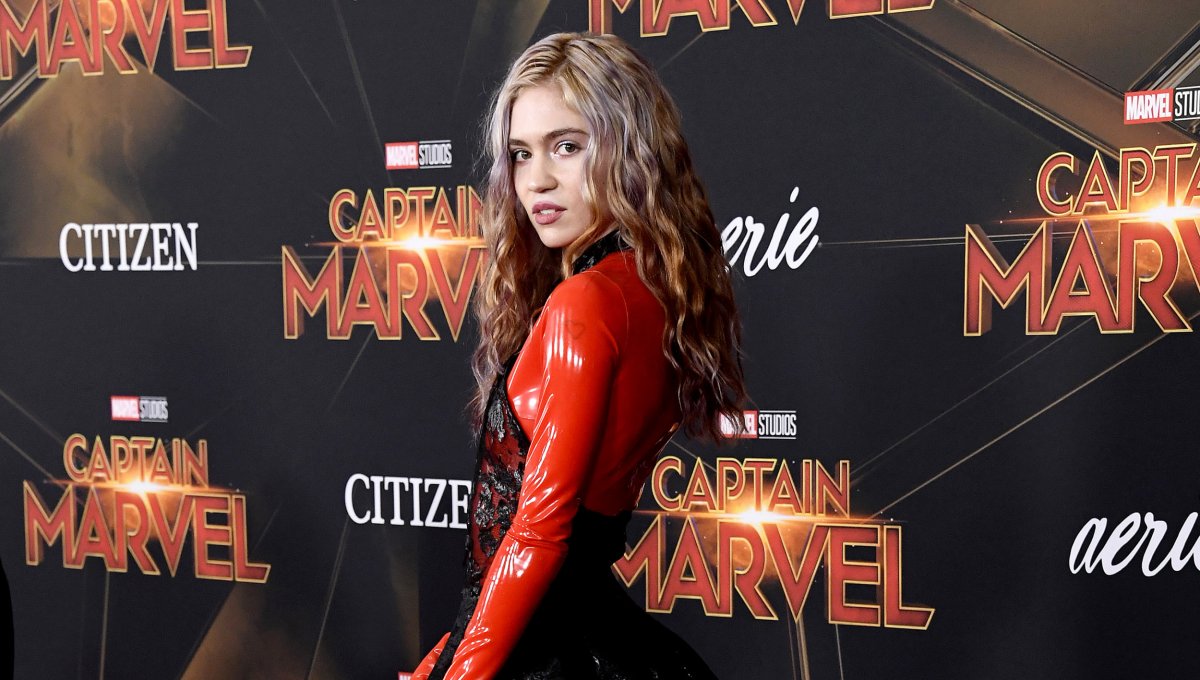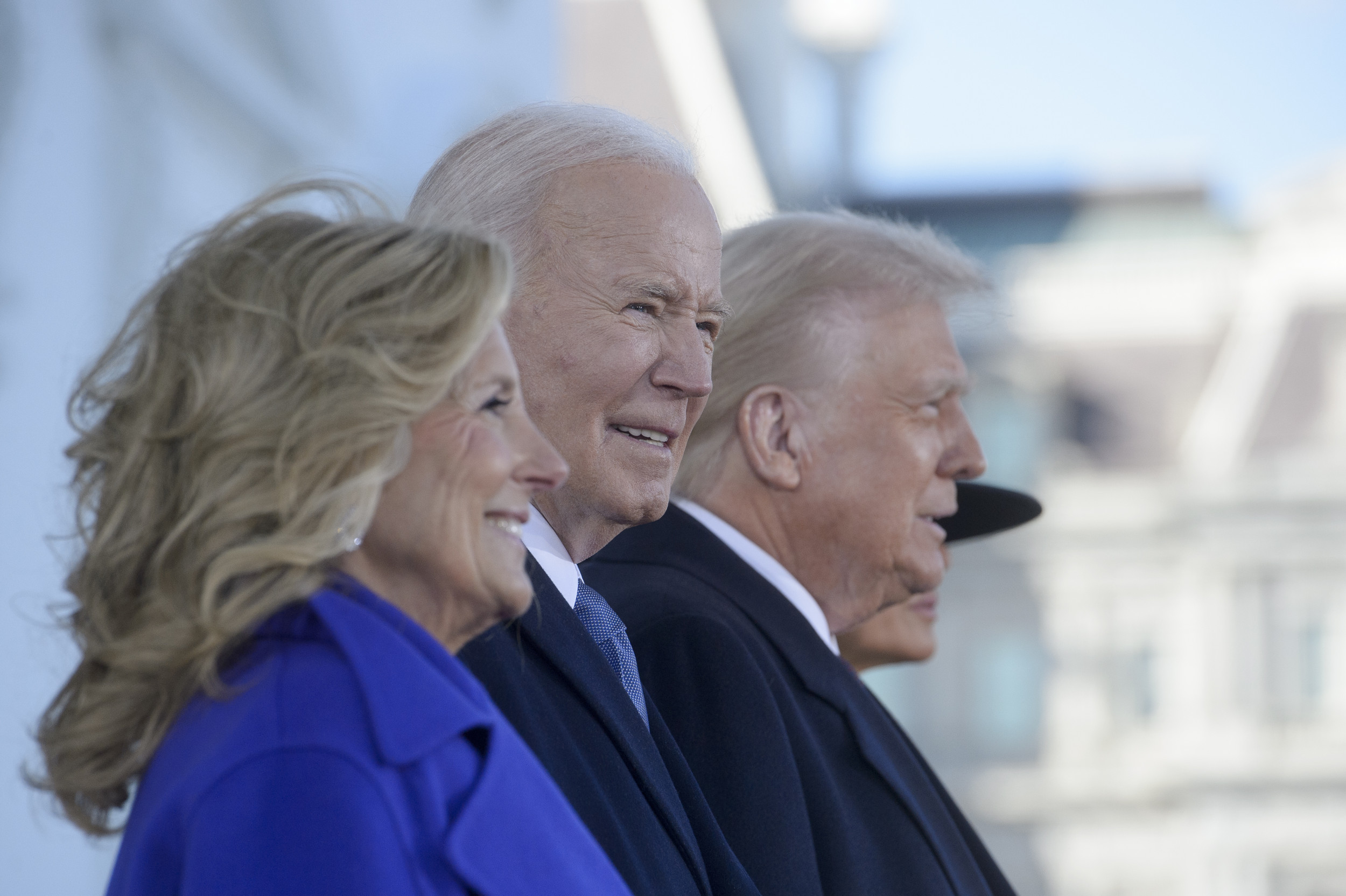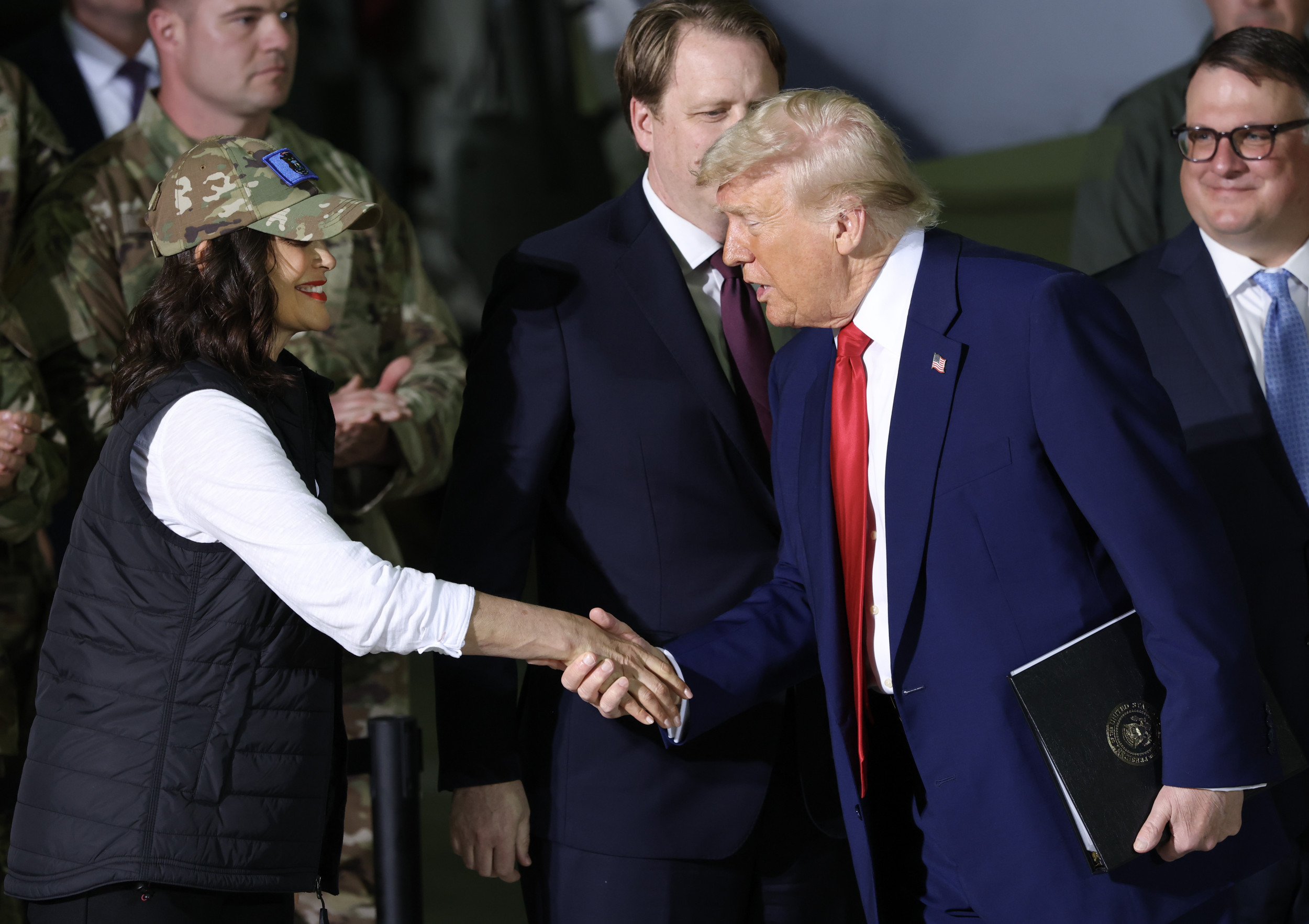🎙️ Voice is AI-generated. Inconsistencies may occur.
Musician Grimes has attempted to explain her decision to allow people to use her voice with artificial intelligence (AI) to create their own songs.
Grimes—whose given name is Claire Boucher—promised to "split 50% royalties on any successful AI-generated song that uses my voice."
"Same deal as I would with any artist I collab[orate] with. Feel free to use my voice without penalty," Grimes tweeted on Monday.

But her declaration brought a backlash on social-media sites such as Twitter and Reddit, with one fan even warning her to "be careful."
The fan wrote on Twitter: "idk (I don't know) i think you could still end up in an uncomfortable situation here; even if you try to take down an objectionable song, it's still going to be out there misleading people until the end of time, as is the nature of the internet. be careful!!!!"
Grimes, 35, told those concerned that she was not worried about the potentially "bad outcome" of her decision because she was more interested in pushing boundaries.
"We expect a certain amount of chaos. grimes is an art project, not a music project. The ultimate goal has always been to push boundaries rather than have a nice song. The point is to poke holes in the simulation and see what happens even if it's a bad outcome for us," Grimes wrote in a retweet of the concerned fan.
AI technology has been making headlines recently, especially in the music industry. One TikTok creator, by the name of Ghostwriter, created the song, "Heart on My Sleeve," which cloned the voice of Canadian rapper Drake.
In the song, the vocals, which sounded like Drake's, rapped about a number of topics including pop star Selena Gomez. It featured vocals by singer The Weeknd, who used to date Gomez.
But the artists' record label Universal Music Group (UMG) said Ghostwriter's song could be a violation of copyright law and "infringing content created with generative AI," in a statement to Newsweek. "Heart on My Sleeve" was subsequently removed from streaming sites and social-media platforms.
UMG contacted music-streaming services telling them to block and remove AI-generated songs as it would "not hesitate to take steps to protect our rights and those of our artists."
The record label also told Newsweek that, while it had always aimed to adopt new technology, it was wary of how exactly to move forward with AI.
"UMG's success has been, in part, due to embracing new technology and putting it to work for our artists—as we have been doing with our own innovation around AI for some time already. With that said, however, the training of generative AI using our artists' music (which represents both a breach of our agreements and a violation of copyright law) as well as the availability of infringing content created with generative AI on digital service providers, begs the question as to which side of history all stakeholders in the music ecosystem want to be on: the side of artists, fans and human creative expression, or on the side of deep fakes, fraud and denying artists their due compensation," UMG said in its statement.
"These instances demonstrate why platforms have a fundamental legal and ethical responsibility to prevent the use of their services in ways that harm artists. We're encouraged by the engagement of our platform partners on these issues—as they recognize they need to be part of the solution," the UMG statement added.
About the writer
Shannon Power is a Greek-Australian reporter, but now calls London home. They have worked as across three continents in print, ... Read more



